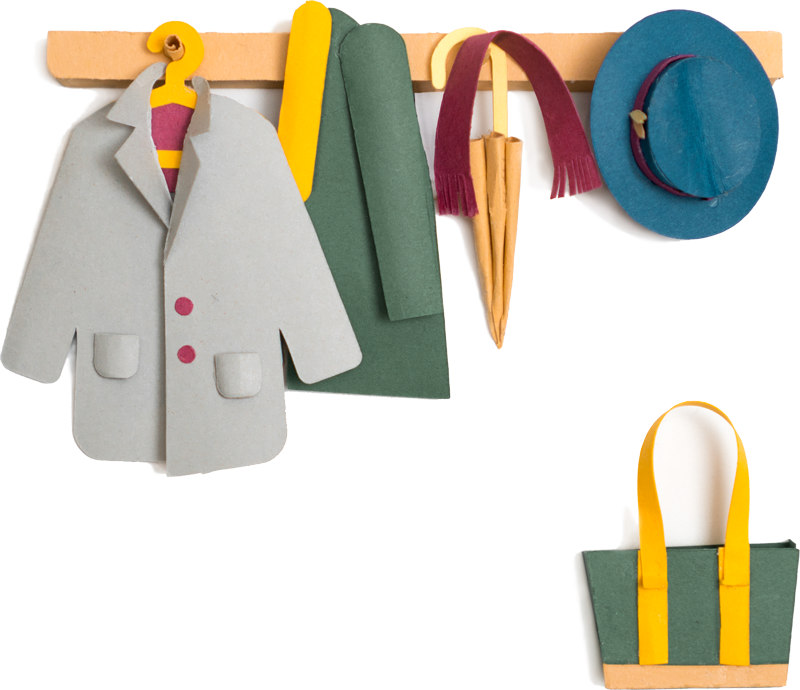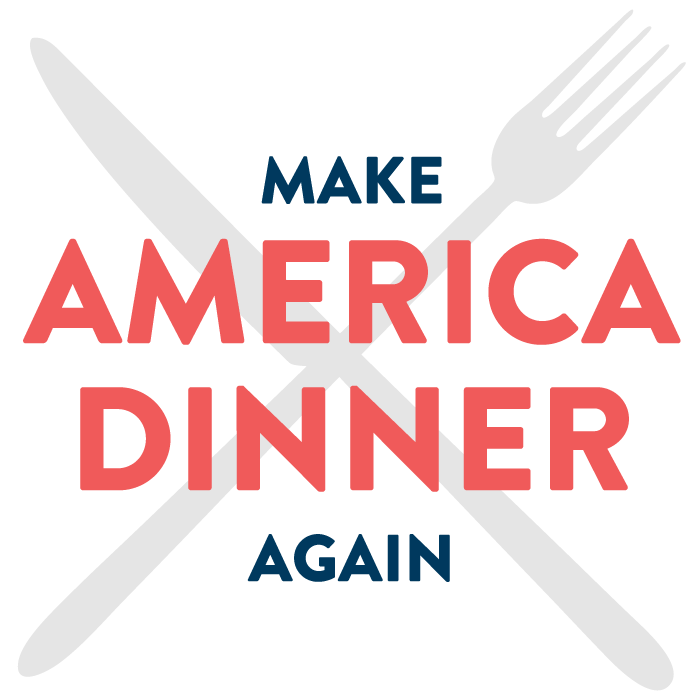

Can Dinner Heal a Divided Country?Make America Dinner Again wants to bring the country back together, one dinner at a time
Posted by Freethink on Monday, July 3, 2017
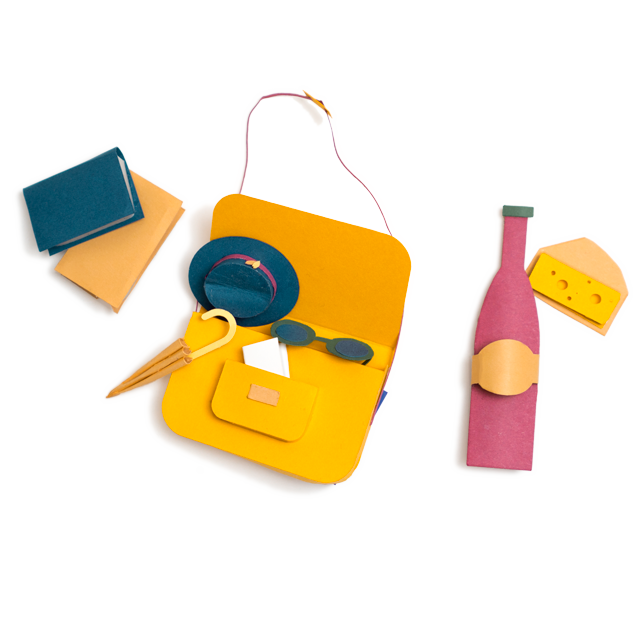
It is no secret that the results of the 2016 election highlighted great divides in opinion, whether between family, neighbors, or perfect strangers. In an attempt to build understanding and move forward together, we invited people to sit down and have dinner. There are many avenues to protest, to donate, to fight, to be heard; Make America Dinner Again is an avenue to listen.
These small dinners consist of respectful conversation, guided activities, and delicious food shared among 6-10 guests who have differing political viewpoints, and our country's best interests at heart. During COVID-19, we've also been conducting conversations online with our partner Living Room Conversations.
We also have a vibrant online community that is moderated by a team of right- and left-leaning volunteers. If you're interested in connecting with people across the political spectrum and country right away, Join our Facebook Discussion Group.
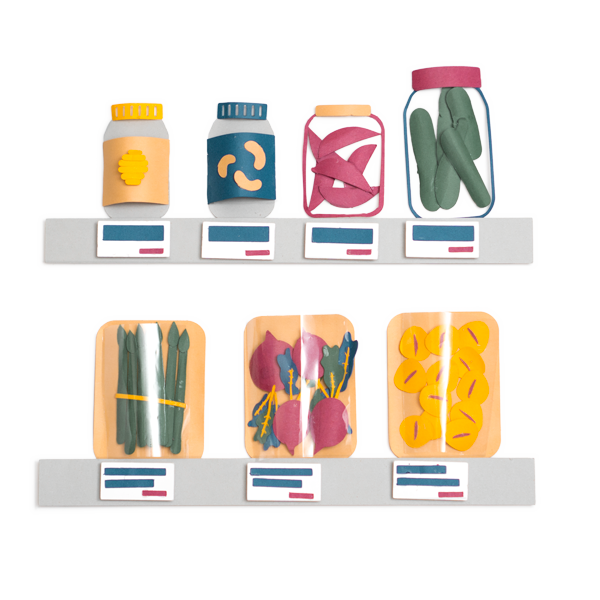
The first MADA event took three months of planning and plenty of trial and error. Organizers Justine and Tria put together a step-by-step guide to make hosting your own MADA event easy as pie. View the guide here.
They’ve also put together a “host kit”, containing the logo in various formats, and printable items like letterhead to use for menus, icebreaker activities, and cards with inspiring quotes to place around the dinner table. Download host kit here.
To host an online event, see our Online Events page.

Justine Lee and Tria Chang are two Americans who felt disheartened by the often polarizing and vilifying language during and after the 2016 election. Make America Dinner Again (MADA) was a four-year, nationwide project of theirs building empathy in their community, one conversation at a time.
By the end of its moderated four-year run, MADA had hundreds of events involving thousands of citizens — and was run in over 20 cities and with 12 chapters. Today they’ve set up MADA to run independently; folks are encouraged to take the format and host on their own!
Justine served as head of partnerships for four years developing relationships with like-missioned organizations and working with the media to tell the MADA story. She continues bridging work as the executive director at Living Room Conversations and is committed to centering and telling stories of marginalized people. You can follow her on Twitter.
Tria served as head of engagement for four years, helping to train and support hosts and Chapter Heads of MADA. Currently, she is working as a freelance writer, editing the Black Allyship column at Mochi Magazine and working on a manuscript. You can follow her on Instagram.
J.T. Trollman created our website, documented our dinners, and provided support for local events.
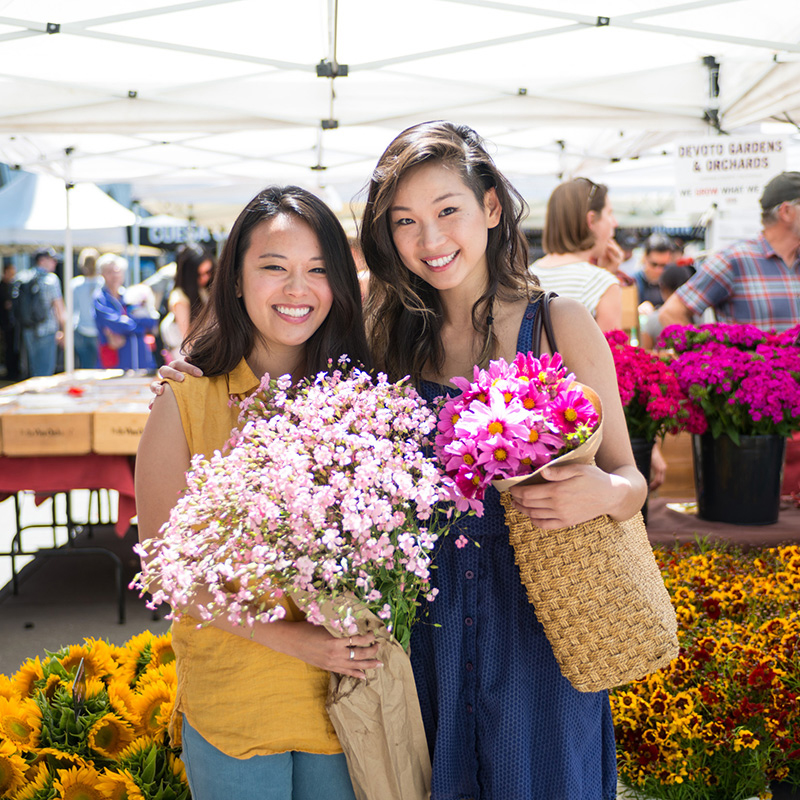
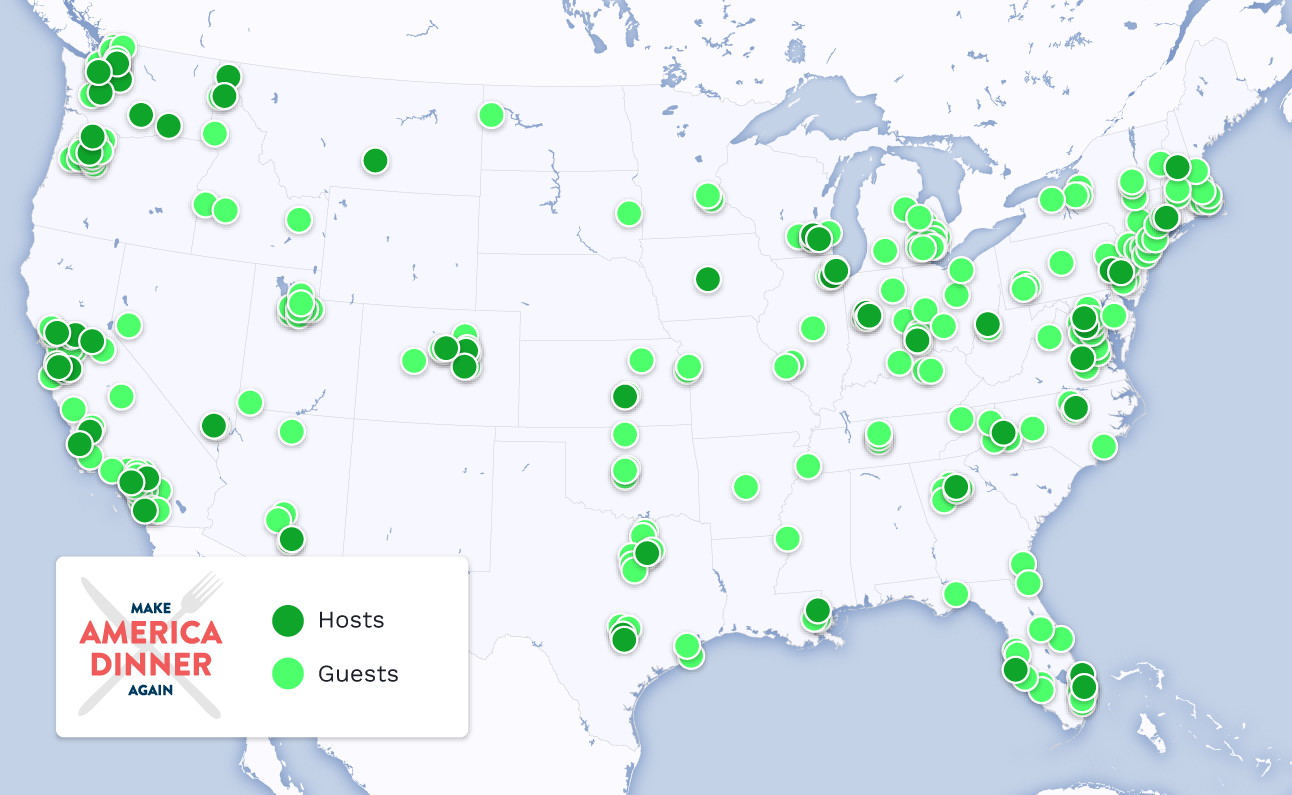
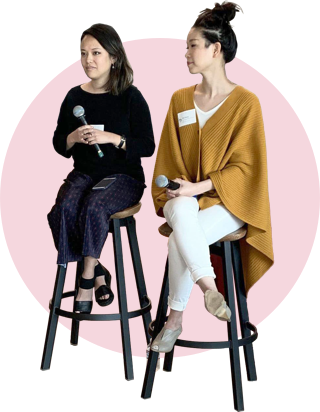
Want Justine and Tria to speak at your company?
Email Inquiry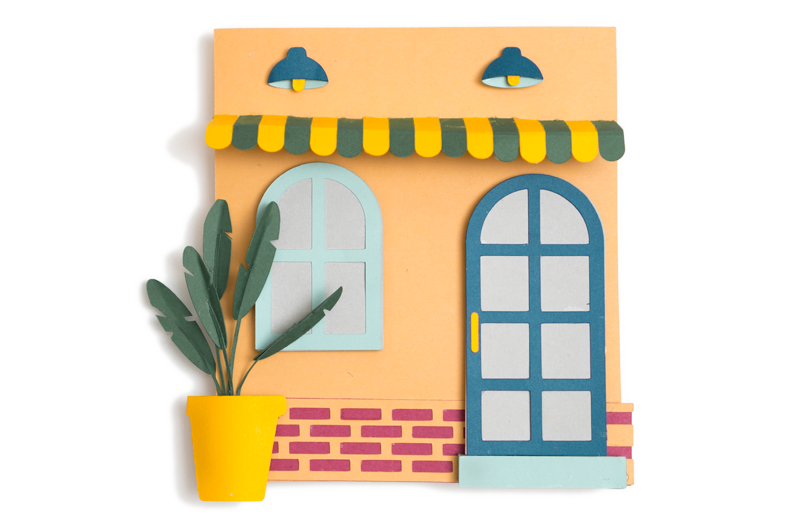
To those who have supported us with their time, money, ideas, and encouragement: we wouldn’t have been able to build this without you! Special thanks goes out to:
We have tremendous gratitude for our amazing volunteers. They've helped us grow MADA by starting and running chapters in their cities, organizing dinners, and/or moderating our online discussion group. Your commitment to this work makes MADA possible:
Understanding can't be built alone. Here are the partners and sponsors who worked with us to break bread and barriers:
Questions? Comments? Press Inquiries? We're monitoring our email less frequently but would still love to hear from you.
Email us